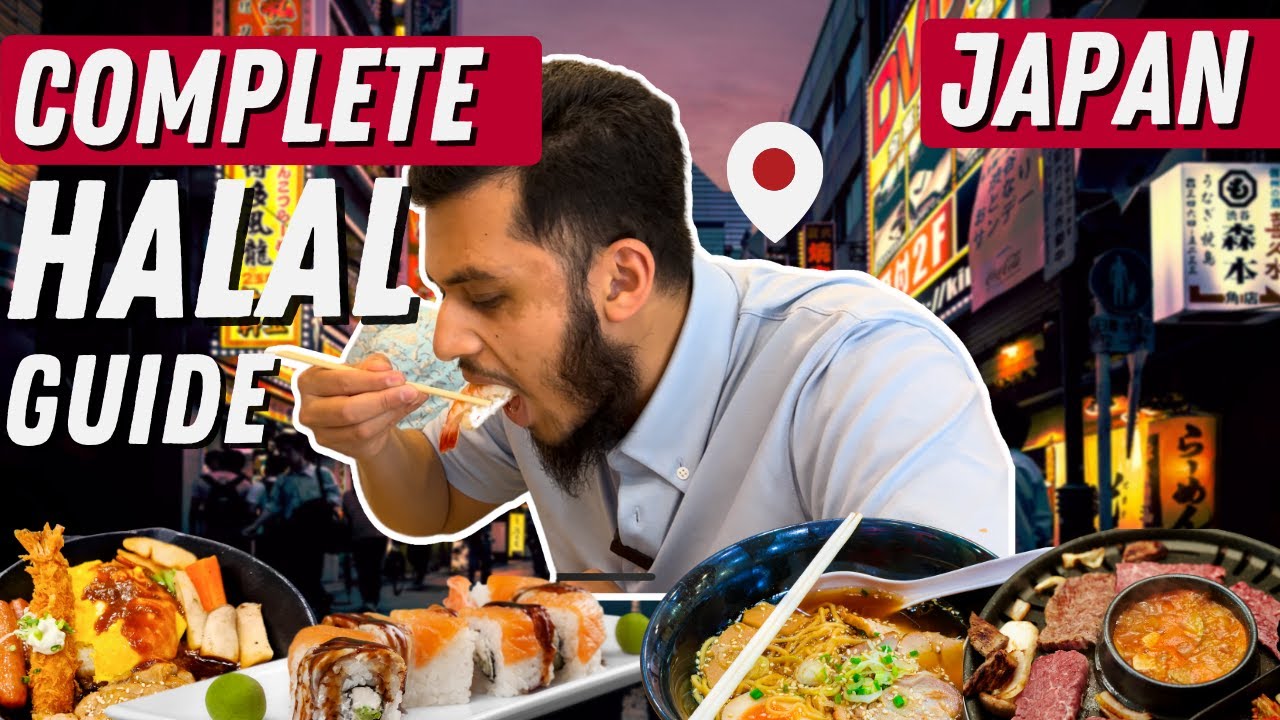Halal, an Arabic term meaning “permissible” or “Halal food,” is a concept deeply rooted in Islamic tradition that extends beyond dietary practices. While it is commonly associated with food and drink, halal encompasses a broader spectrum of ethical, legal, and spiritual dimensions in the lives of Muslims.
The Foundations of Halal
The principles of halal are derived from the Quran, the holy book of Islam, and the Hadith, which are the sayings and actions of the Prophet Muhammad. These sources provide detailed guidelines on what is permissible and what is not. In terms of dietary laws, halal is contrasted with haram, meaning “forbidden.” For example, pork and alcohol are considered haram, while halal foods must meet specific criteria.
Halal Food: Beyond the Basics
When it comes to food, halal is not just about what is consumed but also how it is prepared. Halal food preparation involves several key aspects:
- Animal Welfare: Animals must be treated humanely throughout their lives. They should be healthy at the time of slaughter, and the slaughtering process itself must be conducted in a way that minimizes suffering.
- Slaughtering Process: The method of slaughtering, known as Zabiha, requires that the animal’s blood is fully drained from the body. The name of Allah (God) is invoked during the slaughter to ensure that the process is carried out with respect and gratitude.
- Avoiding Contamination: Halal foods must be prepared using utensils and equipment that are free from contamination by non-halal substances. This is especially important for preventing cross-contamination with haram ingredients.
Halal in the Global Marketplace
The concept of halal has expanded beyond its traditional roots into a global industry. Halal certification is now a significant market segment, with products ranging from food and beverages to cosmetics and pharmaceuticals being certified for their adherence to halal standards. This certification process involves rigorous audits and compliance checks to ensure that products meet halal criteria.
The halal market has grown substantially, not just within Muslim-majority countries but globally. This growth is driven by a combination of increasing awareness among non-Muslims and the rising Muslim population worldwide. Halal-certified products are often perceived as higher quality and more ethical, contributing to their appeal across diverse consumer groups.
Halal Lifestyle: Beyond Food
Halal is not limited to dietary laws. It also encompasses various aspects of daily life, including finance, fashion, and personal conduct. For example, halal finance refers to banking and investment practices that comply with Islamic principles, such as the prohibition of interest (riba) and the avoidance of excessive risk (gharar). Similarly, halal fashion adheres to modesty guidelines, ensuring that clothing is both stylish and respectful of Islamic values.
Cultural and Ethical Dimensions
At its core, halal represents a set of ethical values that emphasize respect, compassion, and mindfulness. The concept encourages a lifestyle that aligns with spiritual principles and fosters a sense of community and responsibility. For many Muslims, living a halal lifestyle is not just about following religious rules but about embodying a set of values that reflect their faith and ethical beliefs.
In conclusion, halal is a multifaceted concept that goes beyond dietary restrictions to encompass a holistic approach to living. It reflects a commitment to ethical principles, social responsibility, and spiritual mindfulness. As the global interest in halal continues to grow, it is important to recognize and appreciate its depth and significance in shaping the lives of millions around the world.

